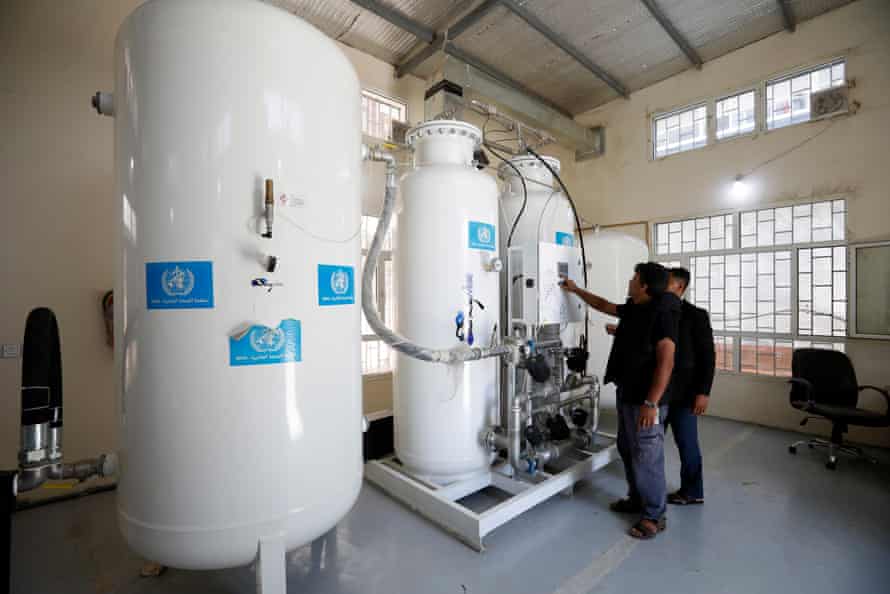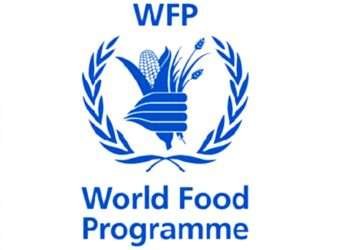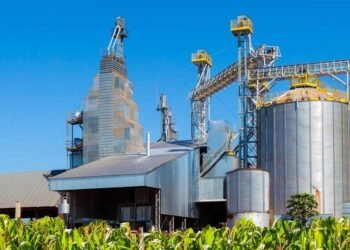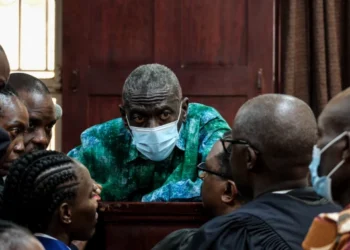Nigeria’s President Muhammadu Buhari has approved the release of 6.45 billion naira (about $17m) for the establishment of gas plants in 38 locations nationwide to help treat COVID-19 patients as authorities contend with a sharp rise in cases.
Nigerian officials recorded low coronavirus numbers through much of last year, but are battling with a second wave of infections.
The presidency said the release of funds to address the provision of oxygen was announced at a meeting of the National Economic Council (NEC) advisory body.
“President Muhammadu Buhari has approved 6.45 billion naira for the setting up of gas plants in 38 locations nationwide in a bid to enhance the treatment of Covid-19 patients who need oxygen,” said a statement issued by the vice president’s office.
The release of funds for the production of oxygen was “necessitated by the increased number of patients who need oxygen due to the surge in Covid-19 infections in the country”, the statement added.
The statement also revealed that a further 255 million naira ($670,000) had been approved for repairs of oxygen plants in five hospitals.

Earlier this week, the state government in Lagos, the epicentre of Nigeria’s outbreak, said demand for oxygen at one of its main hospitals had increased fivefold in recent weeks to 350 6-liter cylinders a day. It added that the demand was expected to more than double to 750 by the end of January.
While wealthier countries have begun mass vaccination campaigns, African countries are scrambling to secure supplies.
Nigeria’s state governors issued a statement on January 21to announce that the country’s first vaccine doses were expected to arrive by the end of February.
South Africa, the continent’s worst virus-hit country, also said it had ordered at least 1.5 million shots of the vaccine from the Serum Institute of India, expected later in January and in February.
The country’s Health Ministry however revealed that South Africa will buy doses of Oxford-AstraZeneca’s COVID-19 vaccine at a price 2.5 times higher than most European countries.
“The National Department of Health confirms that the price $5.25 is what was quoted to us,” Deputy Director-General of Health, Anban Pillay said.
According to information leaked by a Belgian minister on Twitter in December, European Union (EU) members will pay only 1.78 euros ($2.16) for AstraZeneca’s shots.
AstraZeneca France also told reporters in November that its shots would be capped at 2.5 euros (about $3) per dose “to provide vaccines to the widest population, with as fair access as possible.”
The World Health Organization (WHO) had earlier warned against “vaccine nationalism” and “price gouging” once a successful shot was found.
South Africa’s AstraZeneca vaccine order is part of 20 million secured doses to be delivered in the first half of 2021
The country is battling with a second wave of infections fuelled by a new coronavirus variant deemed more infectious by scientists.
The government aims to vaccinate two-thirds of its population – about 40 million out of nearly 60 million people – to achieve herd immunity by the end of 2021.























